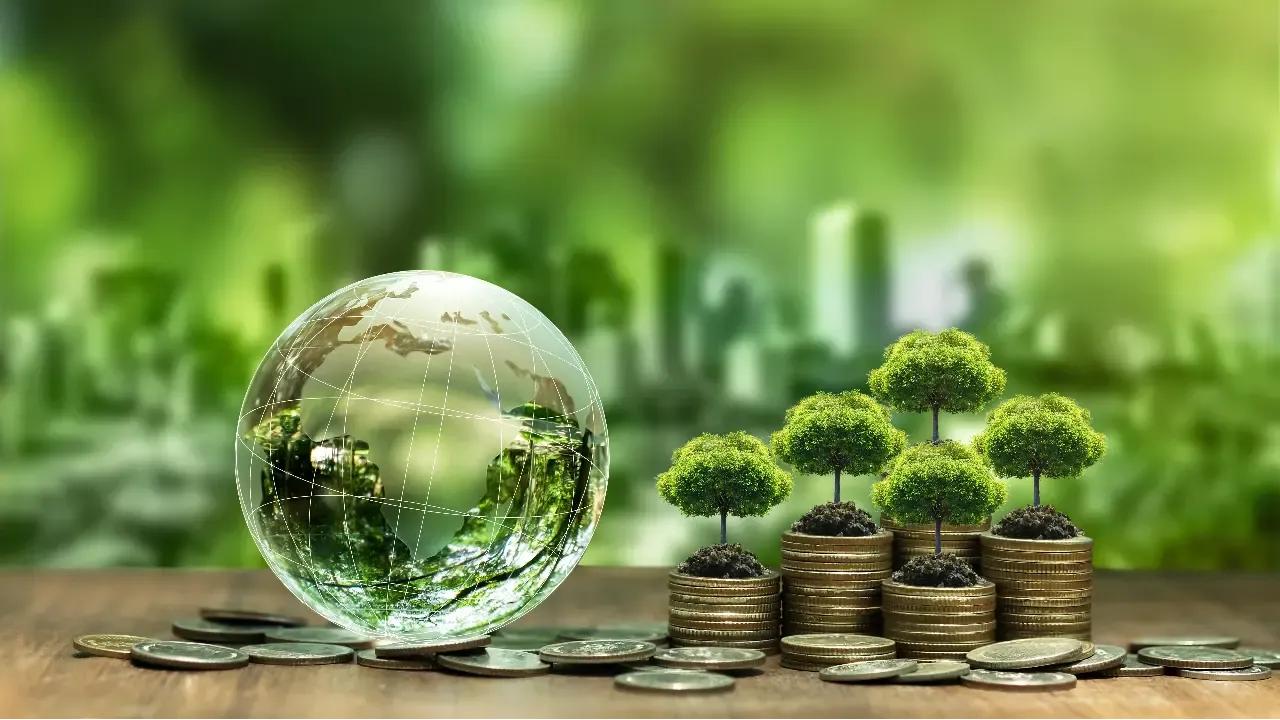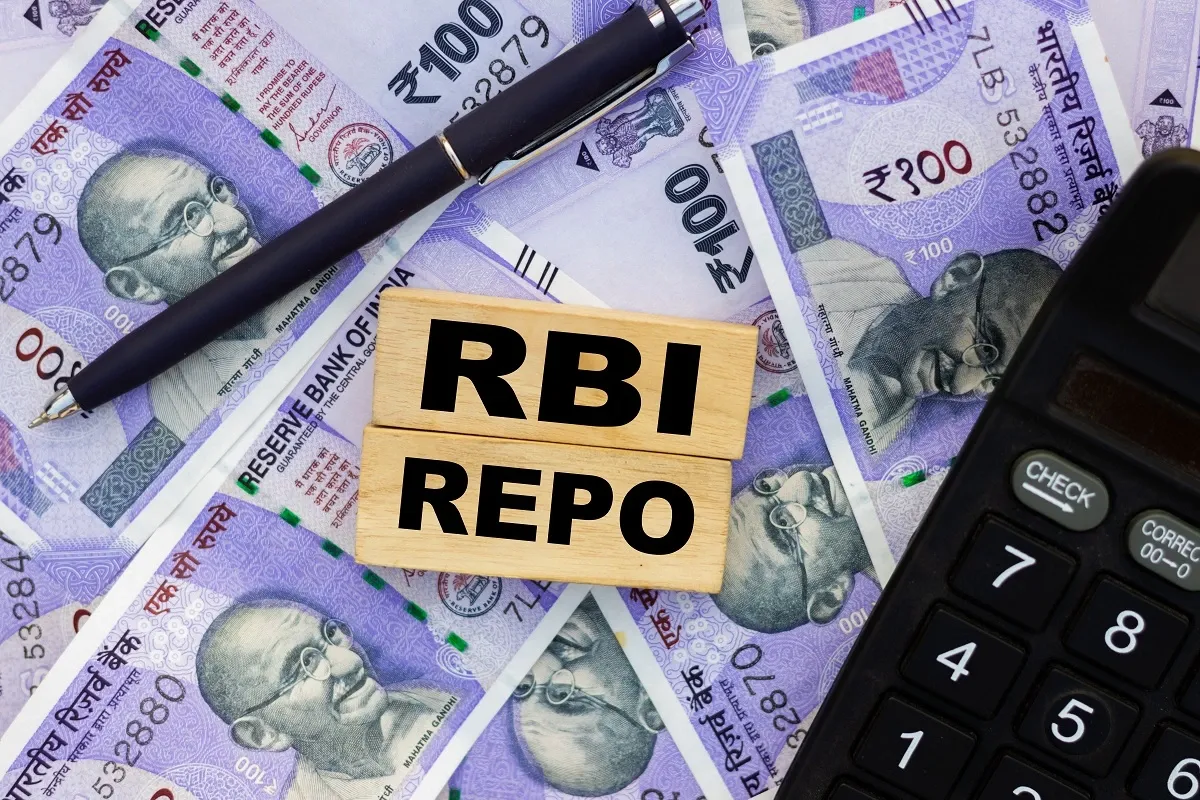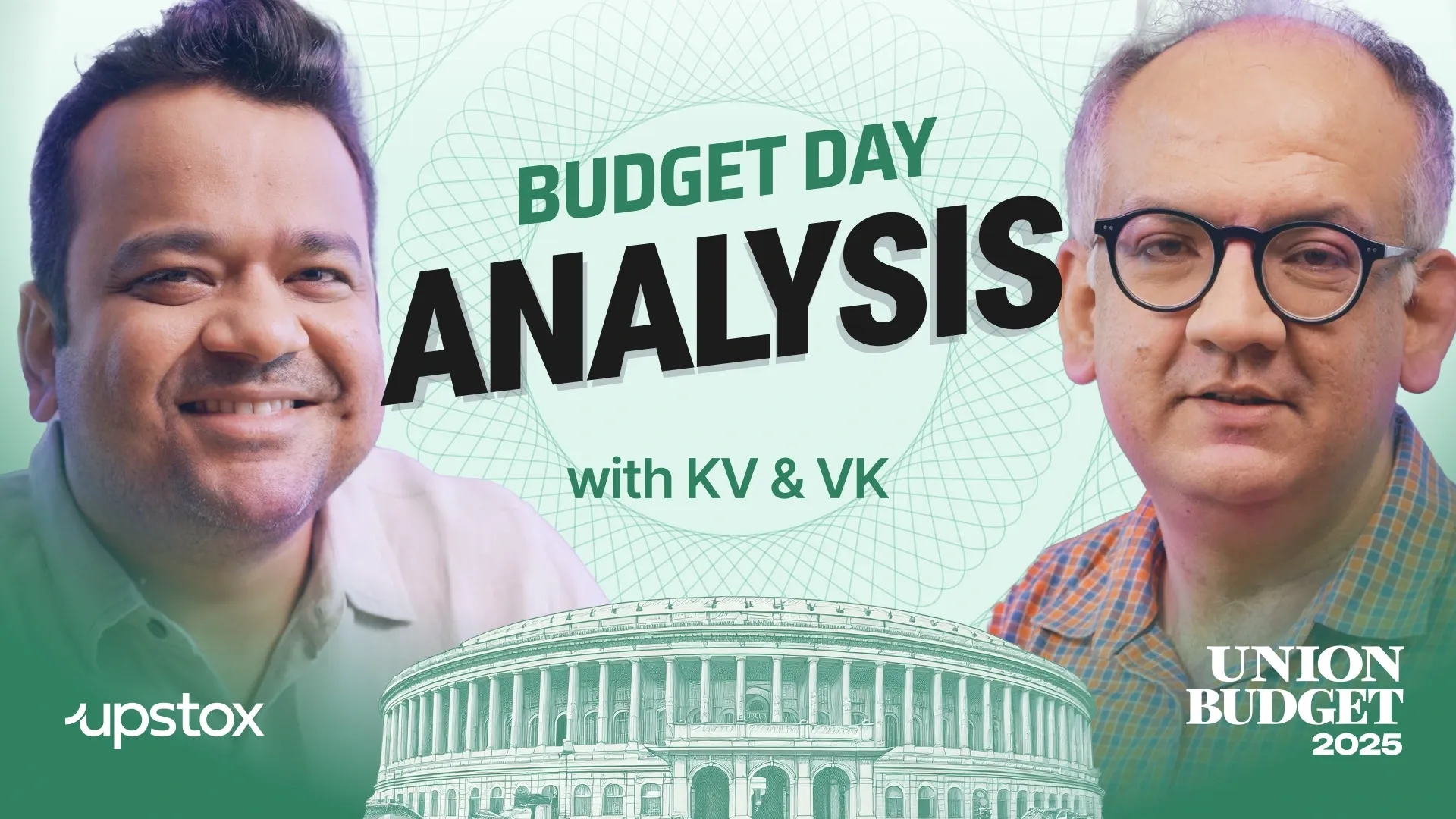Business News
India must maximise resource efficiency to become developed by 2047, says Bhupender Yadav

3 min read | Updated on February 18, 2025, 15:10 IST
SUMMARY
Union Minister Bhupender Yadav emphasized India's need for resource efficiency and recycling to become a developed country by 2047, highlighting the potential of a $2 trillion circular economy by 2050.

Yadav said that India's circular economy could be worth $2 trillion by 2050 and create 10 million jobs. | Image: Shutterstock.
Union Environment Minister Bhupender Yadav on Tuesday said India must maximize resource efficiency to achieve its goal of becoming a developed country by 2047.
Addressing the conclave on "Waste Recycling and Climate Change" in Delhi, Yadav urged industries to design products that support circularity and collectively adopt advanced recycling technologies.
He said recycling and reusing critical minerals could reduce India's dependence on other countries.
"We need to move away from the take-make-dispose mindset and adopt recycling and reuse as an alternative economic model," Yadav said.
The minister said the major challenge facing policymakers is how to sustain economic growth while protecting natural resources.
He said recycling and reuse are the solutions.
"If we want to make India a developed country by 2047, we must minimize waste and maximize resource efficiency," the minister said.
Yadav said that India's circular economy could be worth $2 trillion by 2050 and create 10 million jobs.
He said that industries should ensure circularity in product design and work collectively to embrace advanced recycling technologies.
"This is not just about one company. The industry as a whole must come forward. This will ensure higher recovery rates and better material utilization," he said.
Meanwhile, Union Environment Ministry Additional Secretary Amandeep Garg said India is one of the fastest-developing countries and its resource consumption is rising. This will also lead to increased waste generation, he added.
India currently generates 1.6 million tonnes of electronic waste, 1.15 million tonnes of battery waste, 1.3 million tonnes of used oil, 1.52 million tonnes of waste tyres, 4.1 million tonnes of plastic waste, 10 million tonnes of end-of-life vehicle waste and 300 million tonnes of metal scrap.
However, he said, the country recycles only 33% of e-waste, 2% of construction and demolition waste, 15% of used oil, 3% of end-of-life vehicle waste and 14% of metal scrap.
"There is a huge gap and a great opportunity for the recycling industry to build a strong ecosystem," Garg said.
He added that India aims to generate 50% of its total installed power capacity from non-fossil fuel sources which could help reduce carbon dioxide emissions by one billion tonnes.
"This transition requires large amounts of critical minerals for electric vehicles, solar and wind projects, and battery storage systems," he said.
However, most of these minerals are concentrated in a few countries.
"About 55% of critical minerals are found in just 15 countries," the official said.
India imported 13 critical minerals worth $5.47 billion in 2022-23.
"Looking at the overall scenario, it is clear that we must invest in recycling critical minerals. The role of the recycling industry is crucial," Garg added.
About The Author
Next Story

